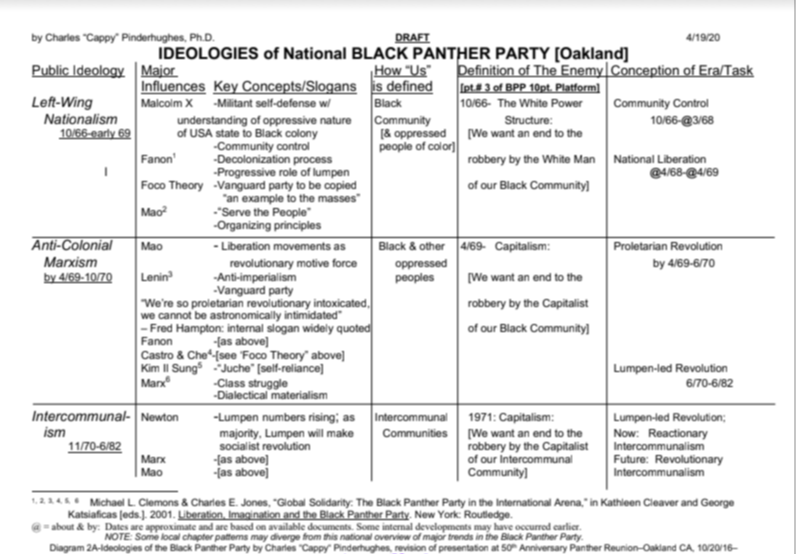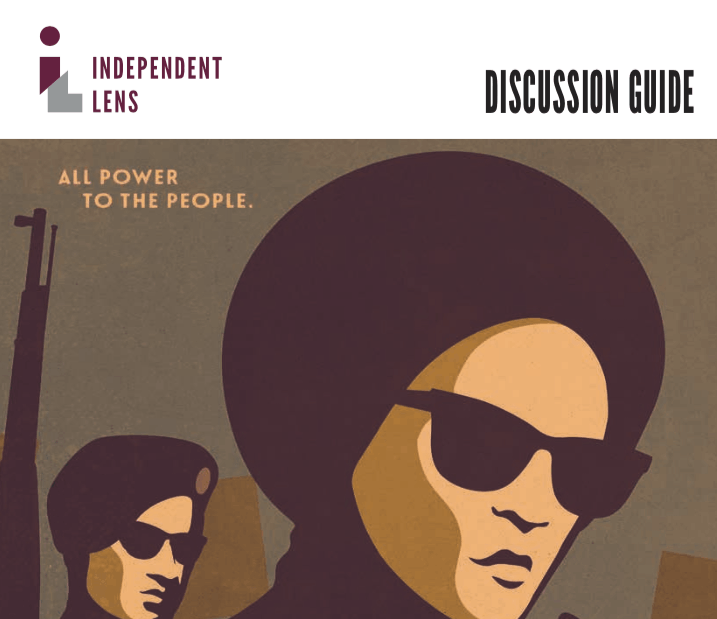Present Day Activism
Dr. Pinderhughes believes that it is important for us to both act and then sum up our experiences so that we can better decide how to make further change. No organization is perfect, local or national, single or multi-issue. All organizations have flaws whether we notice them or not; we always need to determine whether those flaws are worth ignoring or putting up with. Making social change is like running a marathon; the problems that we see today won't be completely solved in our lifetimes. But changes and advancements can definitely be made, improving upon the conditions and issues to be faced by the activists in generations after us. Dr. Pinderhughes suggests that a few of the organizations that you might explore with a critical mind include:


